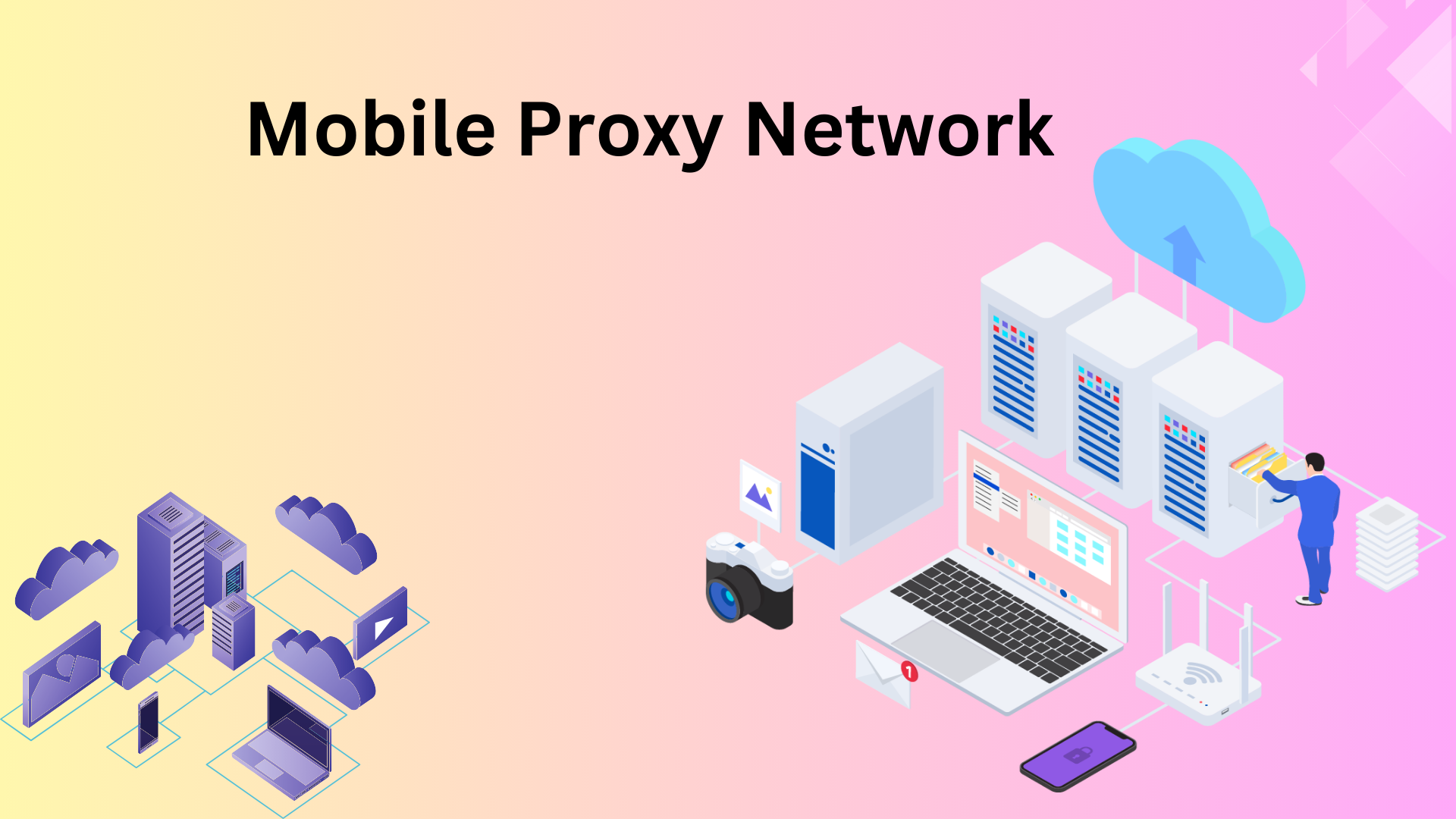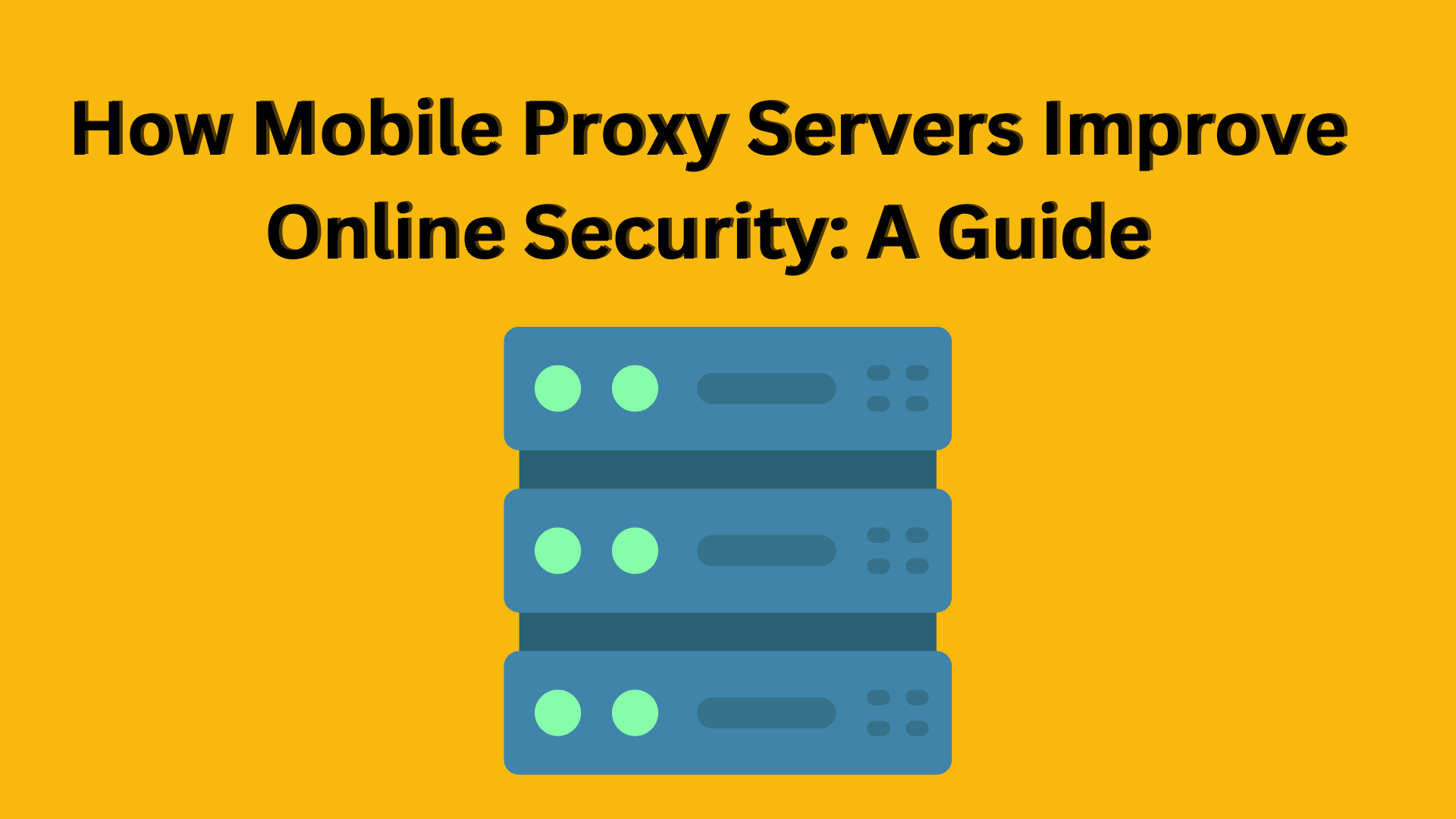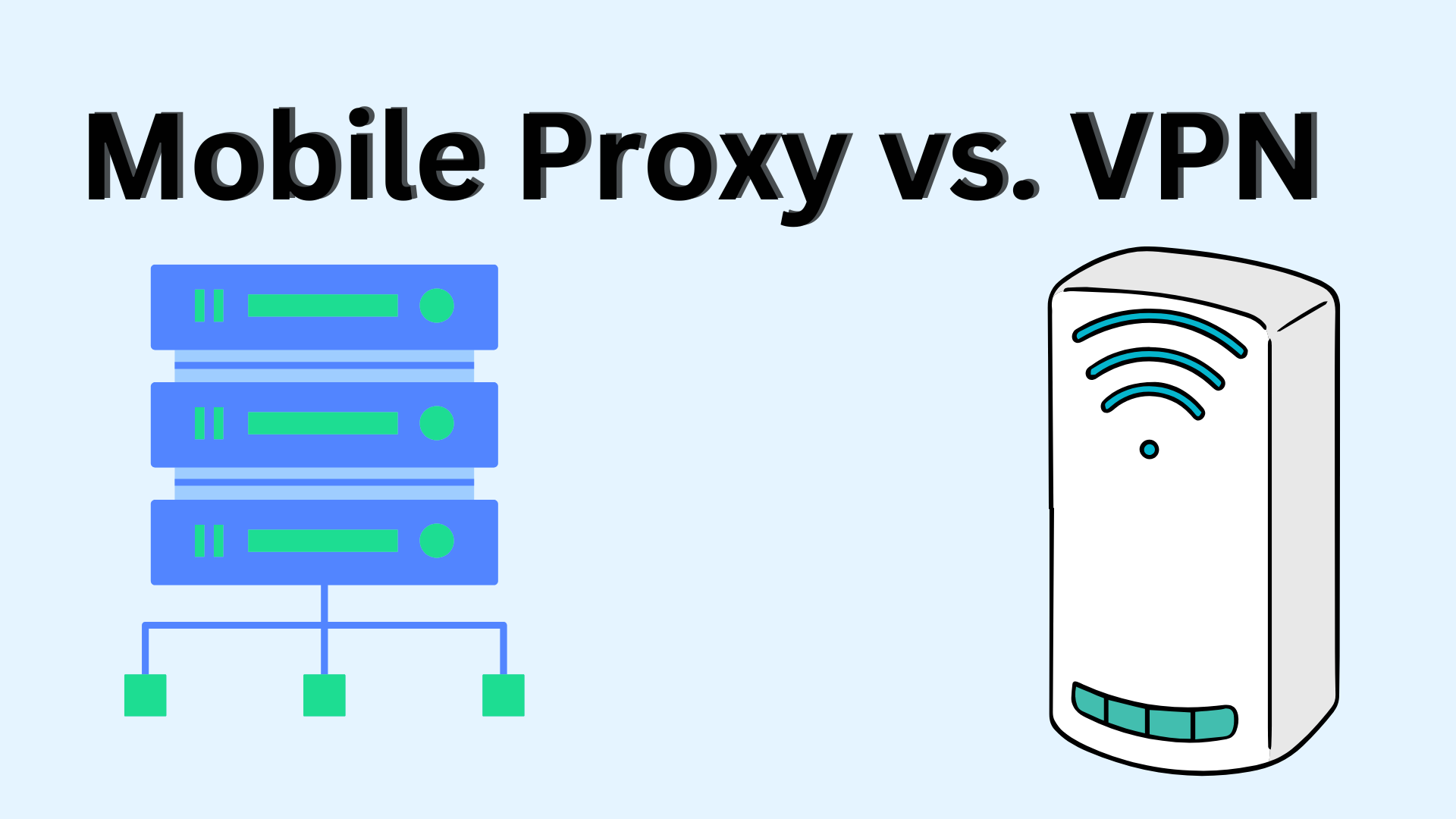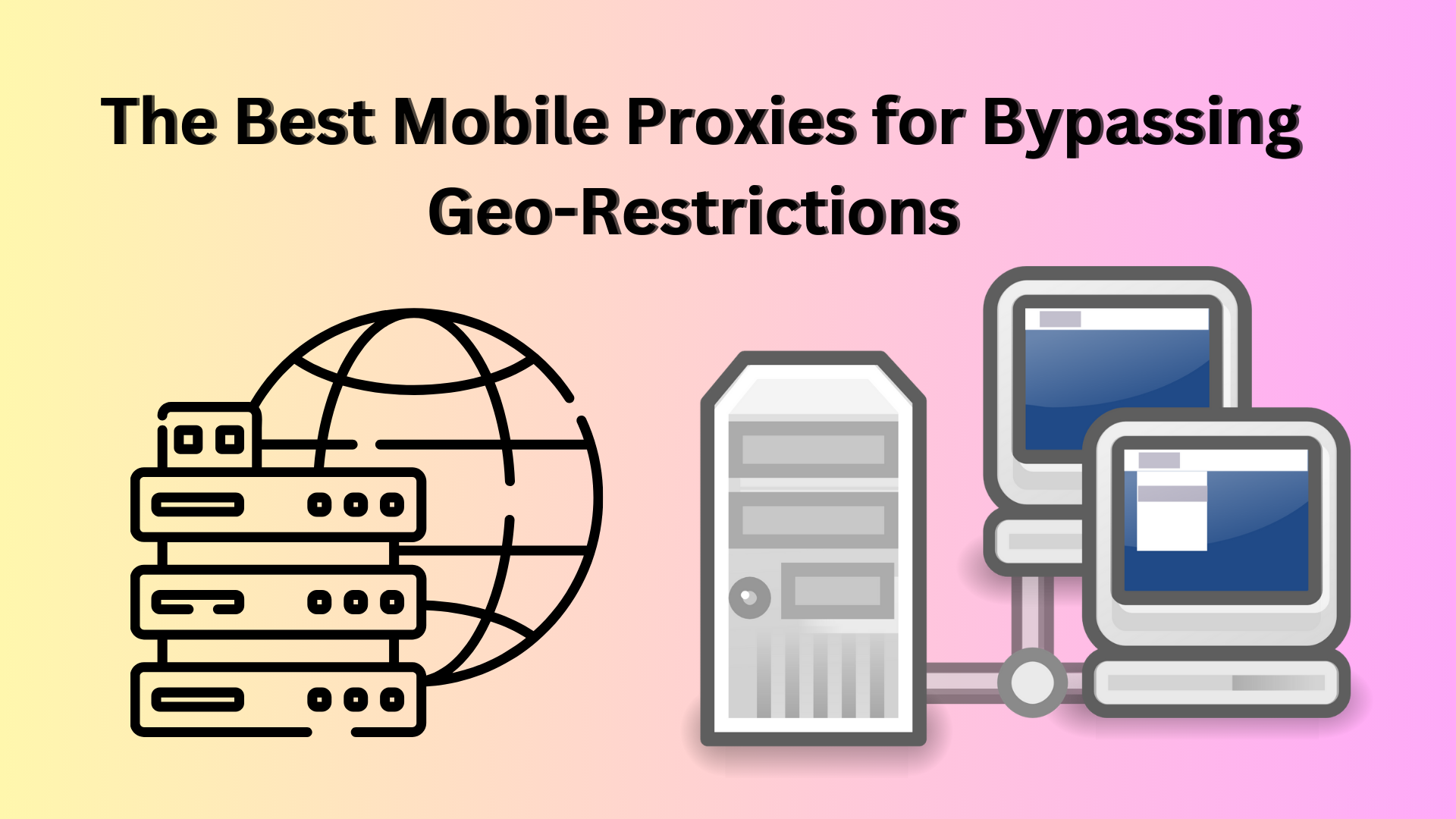A mobile proxy network routes your internet traffic through mobile devices, assigning you an IP address from a real mobile device connected to a cellular network. This offers a significant advantage, as mobile IPs appear more legitimate and are harder to detect or block by websites and services compared to data center IPs.
How Mobile Proxy Networks Work
Assigning IP Addresses
Mobile proxies assign users IP addresses from real smartphones or tablets connected to a 4G, LTE, or 5G network. When you browse through a mobile proxy, it gives the appearance that you’re using a real mobile device, thus reducing the risk of your IP being flagged or blocked.
Routing Data Through Mobile Devices
Instead of rerouting data through a traditional server, mobile proxies route it through an actual mobile device. This makes mobile proxies harder to detect by anti-proxy mechanisms, allowing you to access content that might otherwise be restricted.
Benefits of Mobile Proxy Networks
Increased Anonymity
Using a mobile proxy provides greater anonymity, as websites cannot easily differentiate between real mobile users and those utilizing mobile proxies. This level of anonymity is crucial for tasks such as scraping data or managing multiple social media accounts.
Accessing Geo-Restricted Content
One of the most popular uses of mobile proxies is to bypass geo-restrictions. Whether you want to access a streaming service available only in a specific region or conduct market research, mobile proxies allow you to appear as though you’re in a different location.
Speed and Performance
Mobile proxies are generally fast and efficient because they use real mobile networks, which are designed to handle large volumes of data and maintain high-speed connections.
Types of Mobile Proxy Networks
Residential Mobile Proxies
These proxies use real mobile IPs from actual users on residential networks. They provide a high level of legitimacy and are less likely to be blocked by websites.
Data Center Mobile Proxies
These proxies come from data centers but are designed to mimic mobile IP addresses. While they can be cheaper, they may not be as reliable as residential mobile proxies.
Mobile Proxy Networks vs. Traditional Proxy Networks
Key Differences
Traditional proxies use static IPs from servers located in data centers, while mobile proxies use dynamic IPs from mobile devices connected to cellular networks. Mobile proxies are generally harder to detect, providing an edge in terms of anonymity and access.
When to Choose Mobile Proxies
If your goal is to avoid detection, bypass geo-restrictions, or manage multiple social media accounts, mobile proxies are the superior choice due to their authenticity and flexibility.
Use Cases for Mobile Proxy Networks
Digital Marketing and Web Scraping
Mobile proxies are perfect for scraping data from websites, especially when those websites have advanced anti-bot systems. Digital marketers also use them to gather competitor insights and manage ad campaigns across different regions.
Social Media Management
Managing multiple accounts on social media platforms can result in bans if done from the same IP. Mobile proxies allow social media managers to create, manage, and grow accounts without worrying about getting flagged or blocked.
Competitive Intelligence
For businesses looking to gather data on competitors, mobile proxies provide access to region-specific data without revealing their true identity.
Potential Risks and Limitations
Privacy Concerns
While mobile proxies offer anonymity, they may raise concerns about data privacy, especially if you’re using an untrusted provider. It’s crucial to ensure the provider does not log your data.
Legal and Ethical Considerations
Using mobile proxies for activities like web scraping or bypassing geo-blocks might breach a website’s terms of service. Always ensure you’re using proxies in a legal and ethical manner.
How to Choose a Reliable Mobile Proxy Provider
Factors to Consider
Look for providers with a solid reputation, offering features like IP rotation, multiple locations, and strong customer support. It’s also essential to choose a provider with transparent privacy policies to protect your data.
Trusted Providers in the Market
Some well-known mobile proxy providers include ProxyGuys, Oxylabs, and Soax. Each offers a variety of mobile IP options with reliable performance.
Setting Up a Mobile Proxy Network
Step-by-Step Guide
- Choose a reliable mobile proxy provider.
- Sign up for a plan based on your needs (e.g., location, number of IPs).
- Configure the proxy settings on your device or browser.
- Start routing your traffic through the mobile proxy.
Tools Required
To set up a mobile proxy network, you may need software to configure proxy settings or manage multiple proxies, such as FoxyProxy or Proxy Switcher.
The Future of Mobile Proxy Networks
Growth Trends
The use of mobile proxies is expected to grow as more users seek privacy and the ability to bypass restrictions. Innovations in 5G technology will also likely lead to faster, more efficient proxy services.
Innovations in Proxy Technology
Future developments in proxy networks could include enhanced automation, better IP rotation mechanisms, and more robust anti-detection features.
Conclusion
Mobile proxy networks are a powerful tool for anyone looking to maintain anonymity, access geo-restricted content, or manage multiple online accounts. With their ability to mimic real mobile users and provide fast, secure connections, mobile proxies are becoming increasingly essential in the modern digital landscape. However, it’s important to choose a trusted provider and use proxies responsibly to avoid legal or ethical issues.





